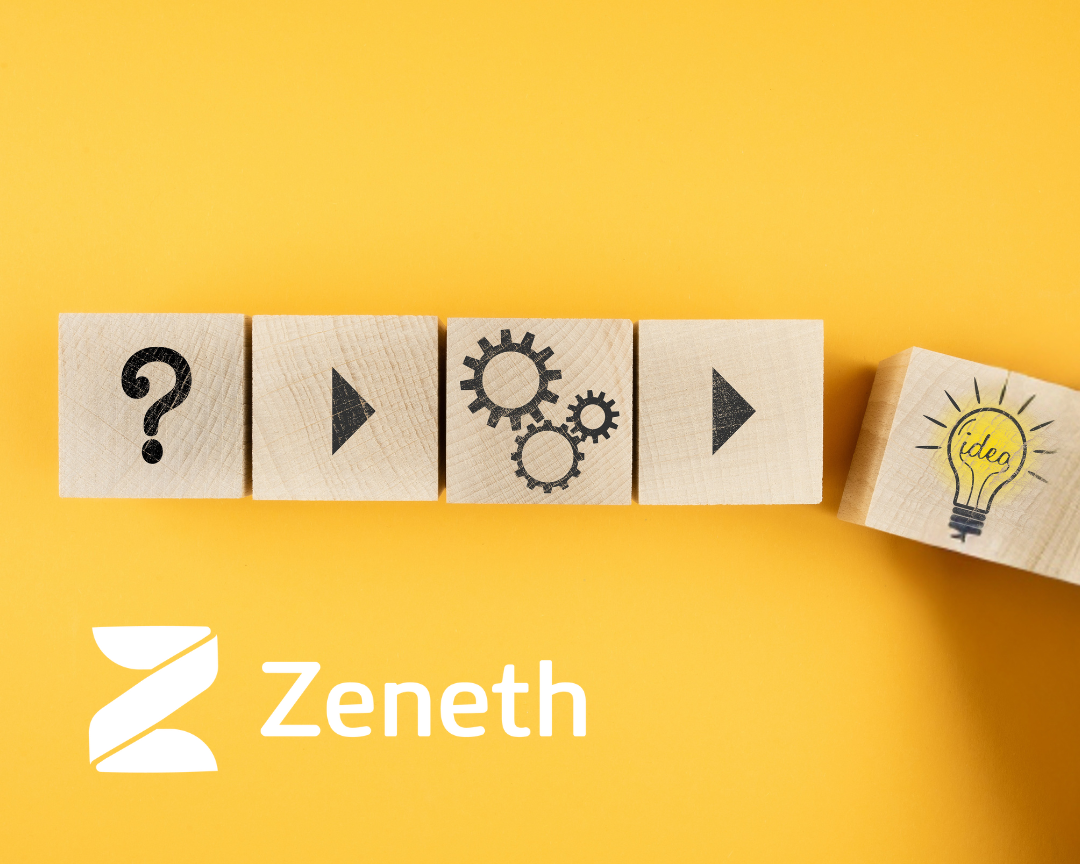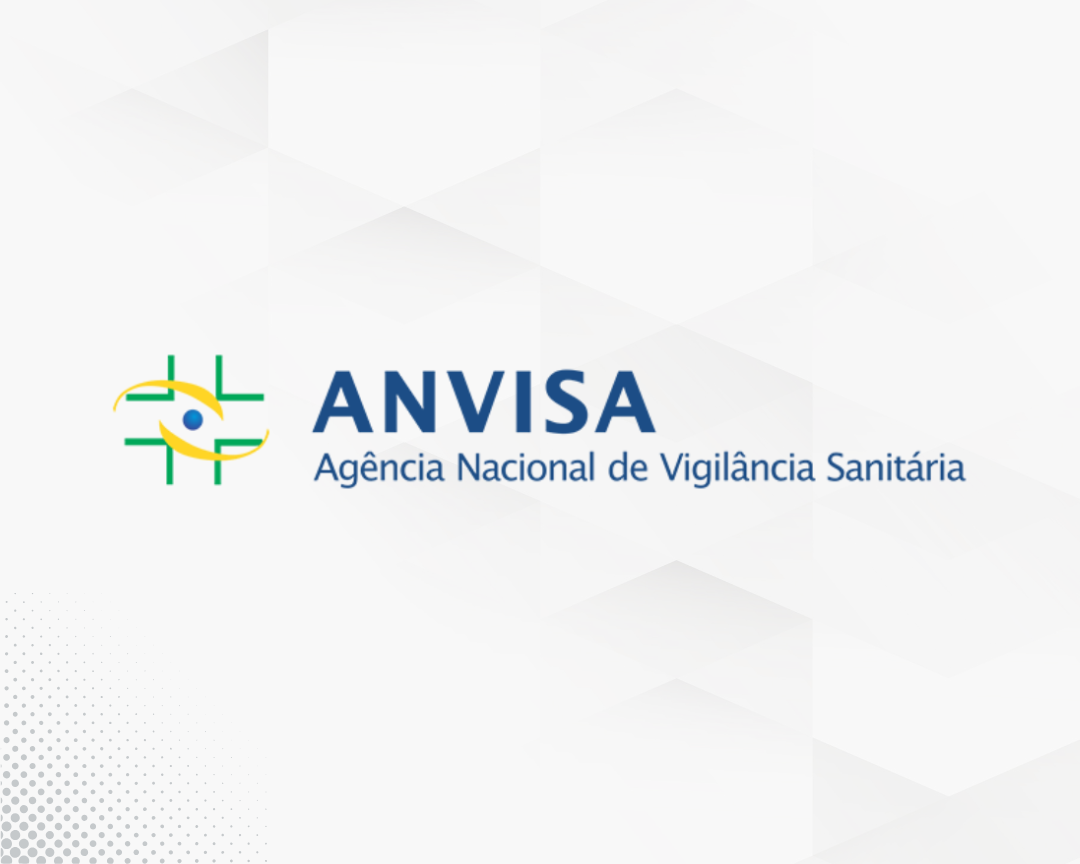The concept of pre-competitive collaborations and data sharing is currently in sharp focus with the current global collaborative efforts to combat Coronavirus, where the sharing of scientific knowledge is both urgent and critical for us to have a better chance of tackling the global pandemic.
From the inception of Lhasa Limited in 1983, we’ve sought as far as possible to progress using shared knowledge (it is enshrined within our codes of practise). For example, one of the problems for the field of toxicity prediction is the lack of published data. In order to build reliable and robust models, high quality data is essential, but this data often sits behind company firewalls and may not even be accessible to individuals within an organisation depending on how and where it is stored.
It was quickly recognised that there are several benefits to sharing this data with Lhasa for the improvement of toxicity alerts within Derek Nexus. Derek Nexus then predicts better overall and specifically for the donating companies’ chemical space. Also, by using data from multiple contributing companies Lhasa scientists can develop a more comprehensive understanding of the toxicity caused by certain sub structures and the possible mechanisms of action leading to improvements for all users of the system.
Additionally, because Derek Nexus is used by a number of regulators worldwide, they also gain access to this shared knowledge allowing this to be incorporated into regulatory decision making.
Other prediction tools which Lhasa develops have also benefited heavily from the sharing of knowledge. For example, Mirabilis; a tool for predicting the purging of impurities within a synthesis pathway, was developed with a collaborative Pharmaceutical pre-competitive group from day 1. Using the starting position of the purge concept which was developed by Dr Andrew Teasdale (Astra Zeneca), this group of Industry experts from competing Pharmaceutical companies, guided both the development and contributed to the knowledge generation for Mirabilis. The result of this shared expertise was much greater than could have been achieved by Lhasa or a Pharmaceutical company working in isolation.
The sharing of data for the improvement of knowledge has evolved over time into specific cases where the structural information and associated data can be shared and viewed by all members of a group (rather than just the derived knowledge). There are now several pre-competitive data sharing groups which include sharing mutagenicity data for Synthetic Intermediates and Aromatic amines, tolerance data for Excipients and agreed PDEs (Permitted daily exposure) levels for commonly used compounds within the Pharmaceutical Industry. The key advantages of sharing data within these groups include avoiding the time and cost involved in repeat testing and sharing knowledge regarding methodologies and data quality standards between different organisations.
In conclusion, working in a pre-competitive and collaborative manner with Lhasa members has enabled progression in the field of toxicity, metabolism and degradation prediction to move forwards at a much greater rate with the benefits of the combined knowledge from the global experts in these areas. Lhasa Limited is very grateful for the invaluable contributions made over 37 years.
Last Updated on January 25, 2024 by lhasalimited



